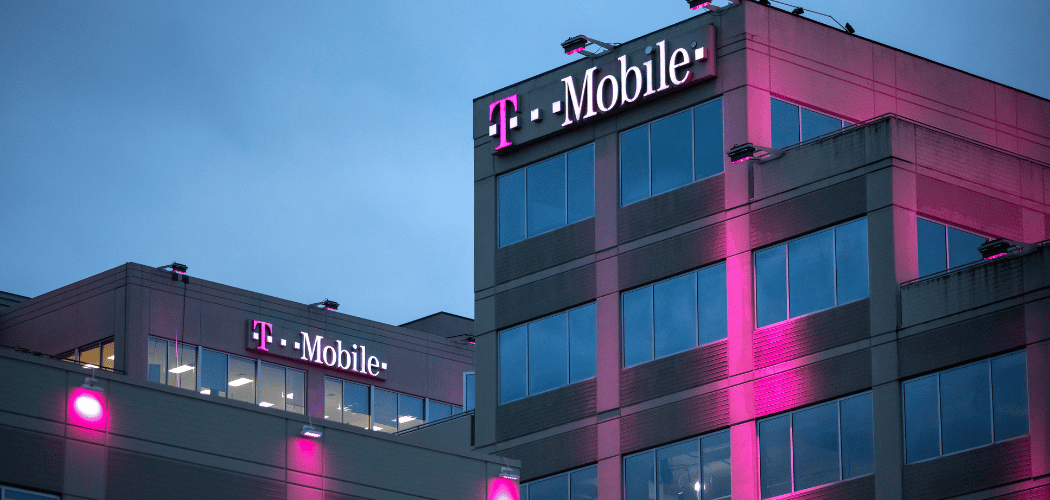Several recent technological advancements are making their way into the fintech industry — each with a unique potential to have substantial impact. Customers appreciate nothing more than when something is easy and convenient, and when done right, they don’t even notice how simple something is. These advancements will be the foundations for the next decade of innovation.
Time Is Money and AI Will Save Everyone Hundreds of Hours
AI Chatbots are constantly growing and evolving. Chatbots are at the level where they can shave time off every simple customer request. IBM has found these networks have been successful in reducing resolution time from 38 hours to 5.4 minutes for most simple requests. Reducing the time for a customer to get help or even have their issue resolved is crucial for any customer-facing business, and it will only become more important.
AI has the potential to become an integral part of how people manage their finances. One San Francisco startup has implemented AI in a way to help people spend their money in a smarter and more thoughtful way. At a basic level, Wallet will analyze how you spend your money, look at the context of where you are and the time of day, and offer advice about how much you should spend on something, if at all. Having a financial services advisor available 24/7 for every purchase may not be far away.
Mobile Banking Will Continue to Shake Things Up
Mobile and app-based banking has changed rapidly and is always finding new ways to keep people on their toes. Many legacy banks have apps that customers can use to track spending as well as pay bills. Many newer and smaller online-only banks have had to be innovative in building their userbase. But how? Some digital banks took the road less traveled, and have tip based programs for fee-free overdraft protection as well as eliminating many other fees.
There has also been a significant rise in the popularity of voice payments. In 2019 111.8 million people used a voice assistant at least once a month, and considering you can essentially grocery shop using Alexa, this date isn’t surprising in today’s fast-paced life. Soon you may even be able to tell Siri to make a payment using Venmo or even an Apple Card.
Moving Into an Online-Only Culture of Banking
Many people are moving to digital banking because of convenience above anything else. Setting up a digital bank account can be done entirely on a phone and there aren’t pages and pages of agonizing paperwork to go through. Online banks tend to have lower fees and requirements for advertised benefits and have built-in budgeting and personal finance management software. These features have all contributed to the meteoric rise of online-only banks. Because of this, traffic in brick and mortar branches is projected to drop by 36% between 2017 and 2022 and researchers expect this trend to continue beyond 2022.
Even though these customers won’t spend any time in a branch, their total communication with their bank will far exceed that of physical banks. Between the AI chatbots and instant account activity alerts, offering consumers knowledge and total control of their own finances at their fingertips might be the most attractive benefit that the banking industry can offer.
Security Is Paramount to Both Institutions and Consumers
As more and more people manage their banking from their mobile devices, security is one of the most requested features from customers. From the security of consumers’ apps to encryption of data sent to and from their phones, advancements must be adopted quickly because those looking to exploit flaws move just as quickly as security does. Most banking applications now use the different biometric scanning hardware already on phones as well as two-factor authentication.
The most recent development to beef up security has been blockchain technology. With blockchain, your data is even more secure than it ever has been because no one computer has all the information, but every computer is linked in the same network over the internet. Only the right password can unlock all the data at once. Implementing blockchain security would mean a drastic decrease in fraud and identity theft and save billions of dollars and thousands of hours for both financial service institutions as well as for consumers.
Data Will Become Even More Valuable
We have all seen the “Related items” and “Frequently bought together” boxes when shopping online through Amazon, eBay, and other online retailers. With more companies like Google and Apple entering the personal finance market, they could send product recommendations right to you even if purchased in person. Alibaba, a Chinese e-marketplace, has recently launched its own mobile payment method and has built recommendations for customers based on all purchases they make.
Not only will customer data be valuable to brands targeting products, but as more consumers become educated on how their data is used, the more they take control of what gets shared. In the latest large iOS update from Apple, there was an added option to turn off location sharing data with a small explanation of what is shared with companies. Within six weeks, 80% of users who upgraded had turned off location sharing data across all of their devices.
The Information Age Is Only Getting Smarter
Looking back to where fintech was back in 2010, there were signs of where it would go, but the extent of where it is going now is mind-blowing. AI as a customer service representative sounds great, but the acceptance and success already seen is incredible. Customers are also getting even more informed and speak with their wallets more than ever.
This decade has seen the millennials entering the workforce and the effect has been profound. This next generation has never known not having one screen that can do everything and everything will change again before we know it.
Also read: Consumer Banking: Money Can't Buy Loyalty




